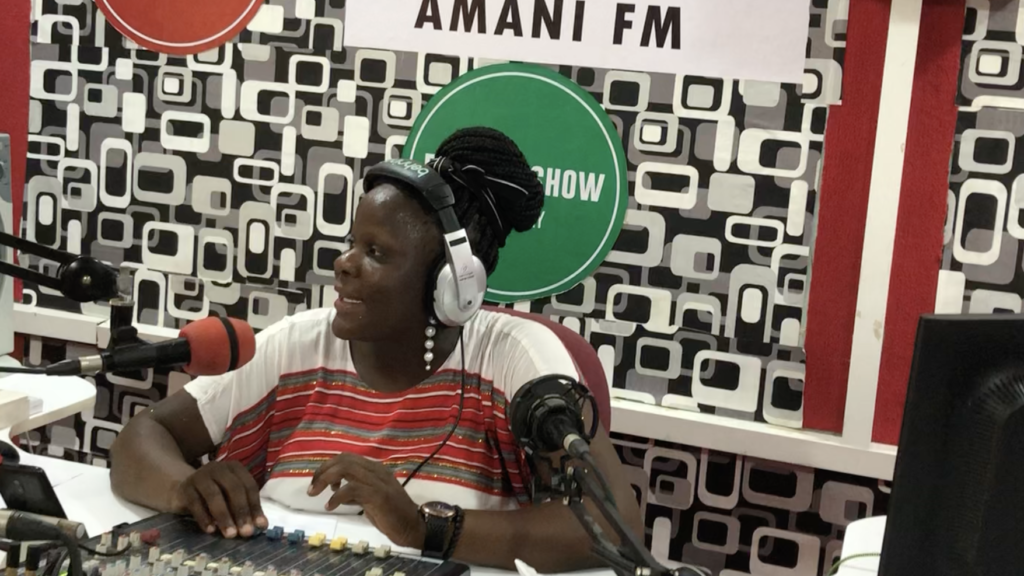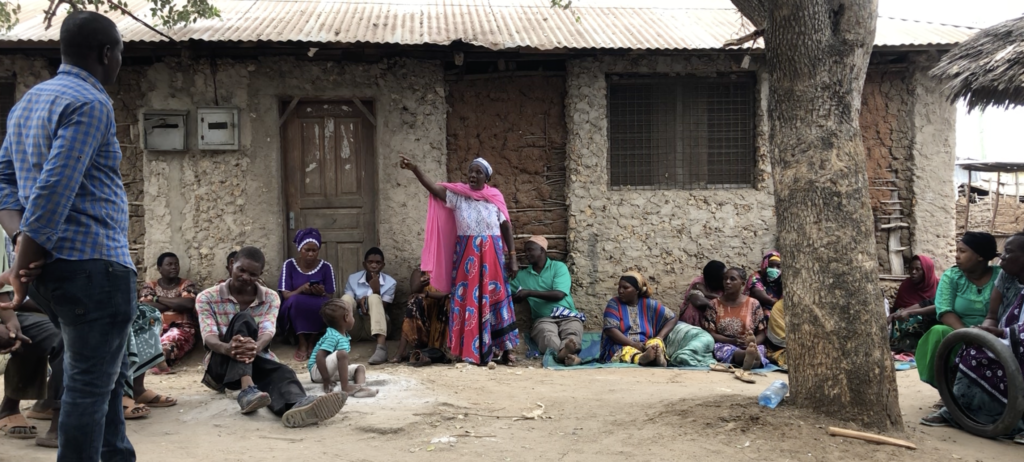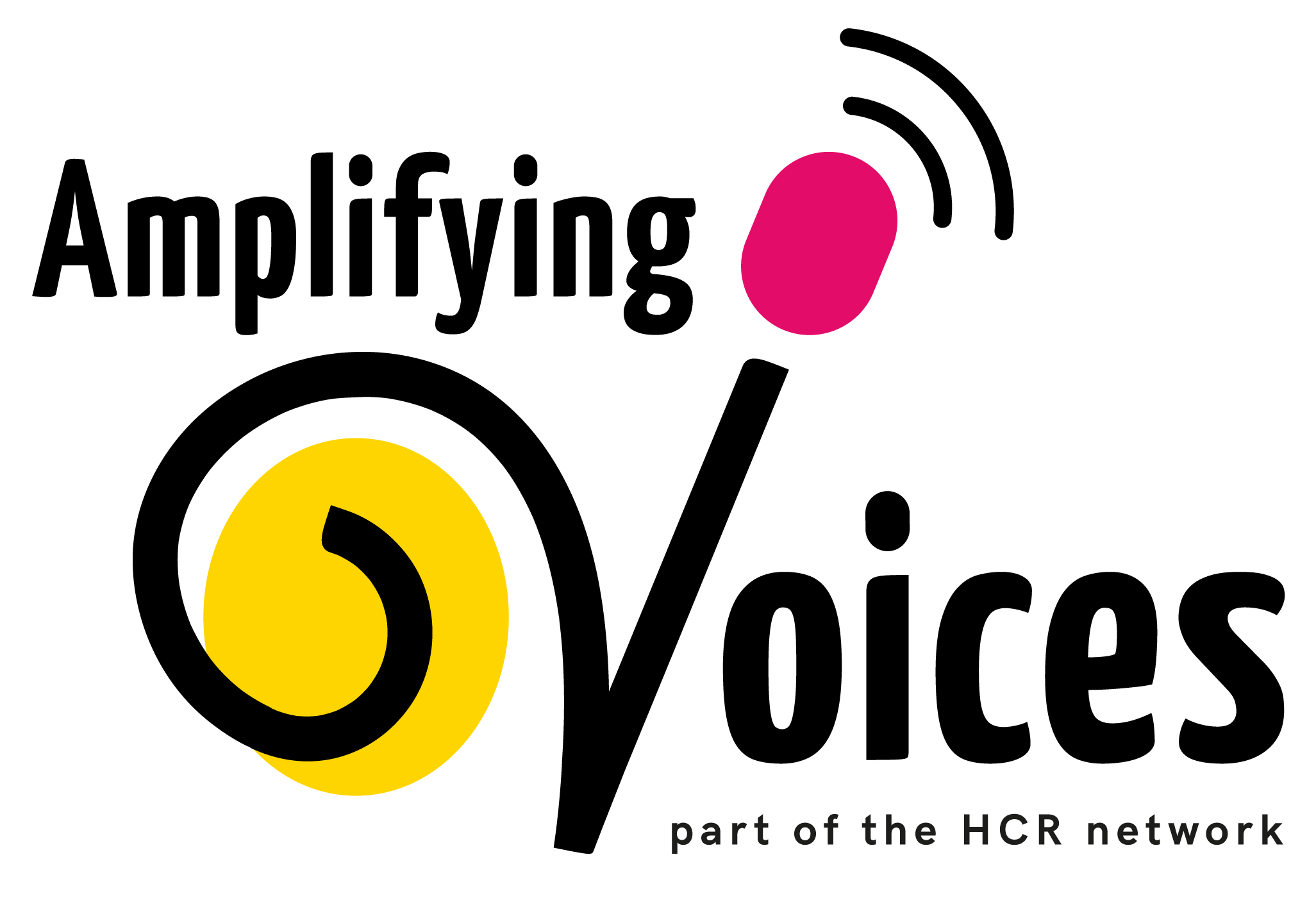
Amani FM – Changing the Narrative
When future historians write about the 21st Century, it would not surprise me if they nicknamed it the Century of Spin. Today more than ever we see that the battle for people’s minds revolves around the narrative of events and how they get interpreted, not necessarily the events themselves. We are certainly seeing this over the war in Ukraine right now.
But it is also very evident in Kenya, where I’ve just spent the last two weeks, working alongside the fabulous Amani FM team in eastern Kenya’s Tana River County. Aside from training workshops, I was able to join the team as they visited different communities around Tana Delta to listen to their fears and concerns ahead of August’s high-stakes election. The crippling drought alongside two years of pandemic have left many families struggling for survival, which is worryingly fueling an old, troublesome narrative. I heard people talk of ‘we’ and ‘they’ and use language of enmity rather than peace, which in Kenya has often been exploited for political ends. I heard one group accuse another of diverting their water supply for their own ends, without any basis of fact. In another village, people resorted to a familiar old narrative of how ‘they’ were the original inhabitants of the region and how ‘others’ were outsiders who were stealing their resources, another baseless, but heart-felt stereotype.

The Amani FM team have been out and about listening to community fears and concerns about this August’s elections
Such narratives have often been the drivers of conflict in the months leading up to, and after elections, which have been the most bloody periods in Kenya’s post-independence history, resulting in thousands of deaths and the displacement of hundreds of thousands. The advent of multi-party democracy in Kenya in 1992 led to the ethnicisation of politics, with power-brokers using tribal and ethnic grievance narratives in the absence of consistent political ideology. Clearly there is a need to change the narrative.
During our workshop the Amani FM team looked at research that shows how changing the narrative can open the door to conflict resolution. They explored how the stories we tell each other shape our relationship with the world and influence how groups behave. We shared stories that had fostered positive change, but also stories that have divided communities and entrenched conflict between different groups. The team grappled with some of the current local issues that give rise to conflict and the underlying reasons which cause people to become entrenched around certain ‘positions.’ They then shared experiences and ideas of how Amani FM could be used to reinforce a culture of dialogue, mutual understanding and tolerance.
While the risks of conflict turning violent this election are without doubt very real, I am encouraged to have journeyed alongside the Amani FM team these last four years, to see how this dedicated group of young people have grown to become skilled at helping different sides come to a new understanding of their real needs. Since 2017 they have been helping communities find new ways to share the benefits of cooperation and working together to find common ground between competing narratives, so that violence becomes a less desirable way of resolving differences.

